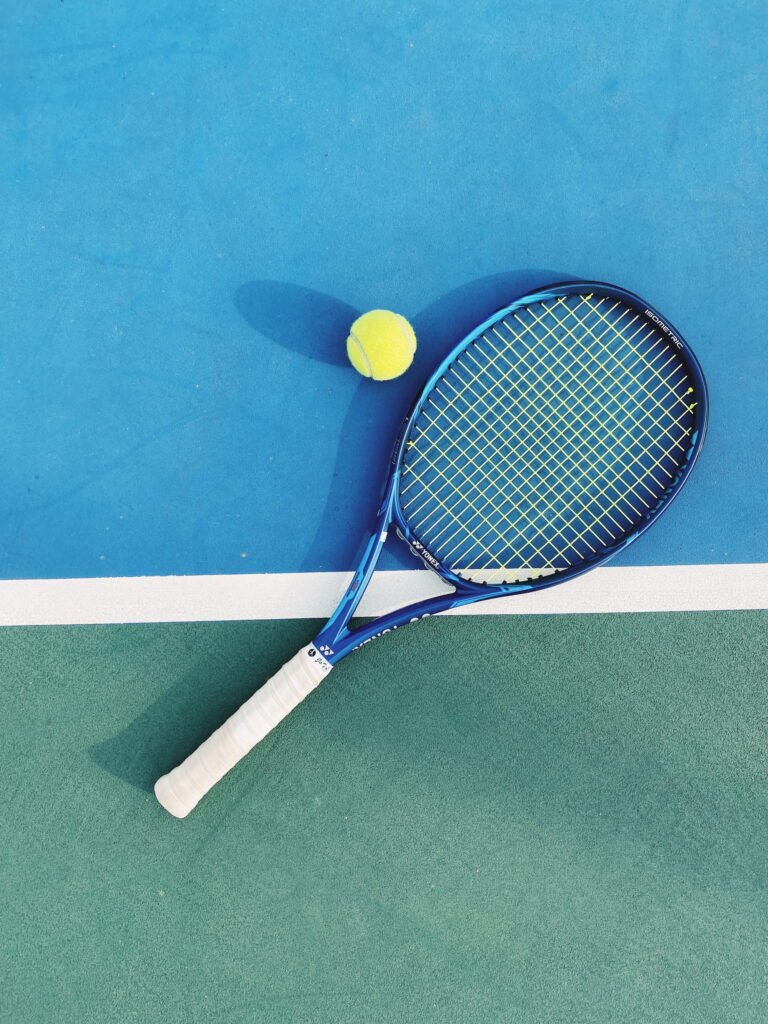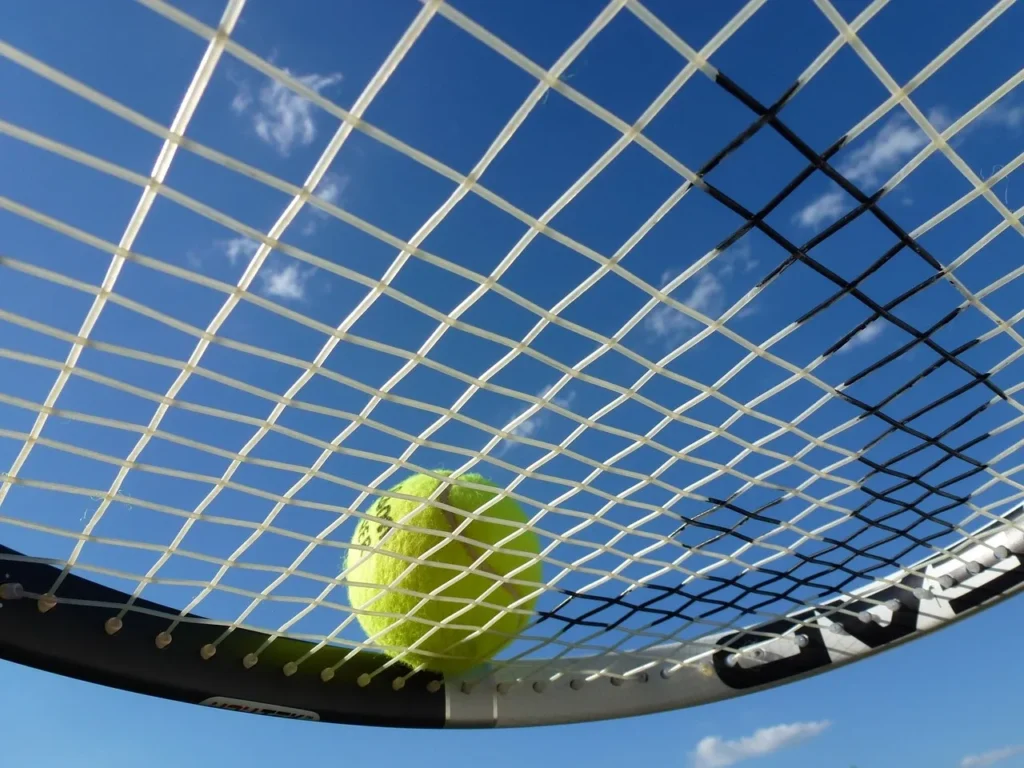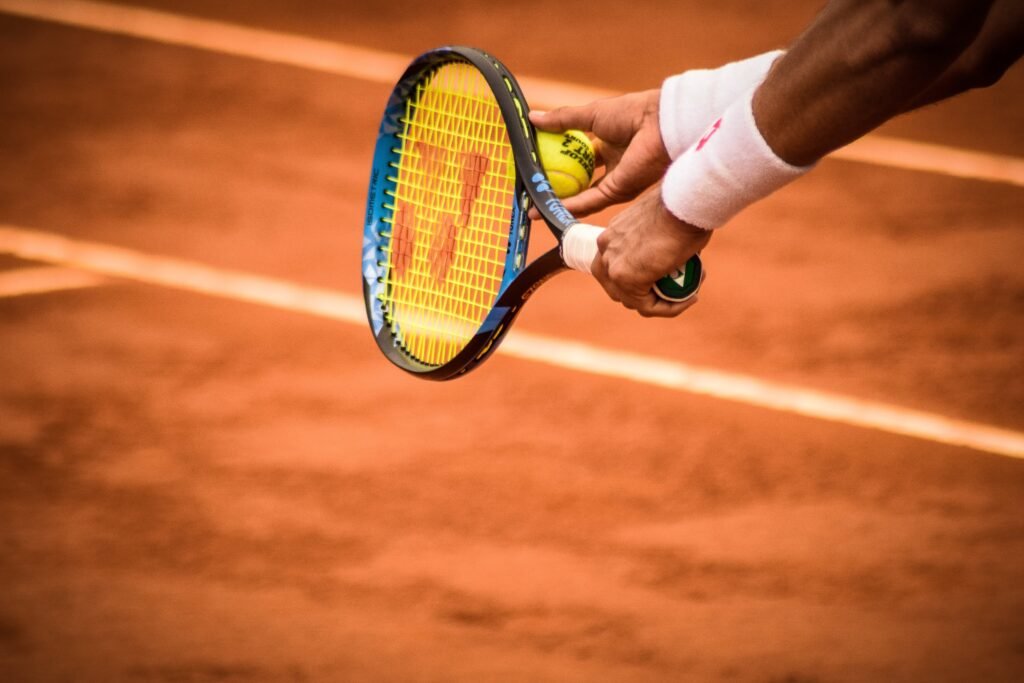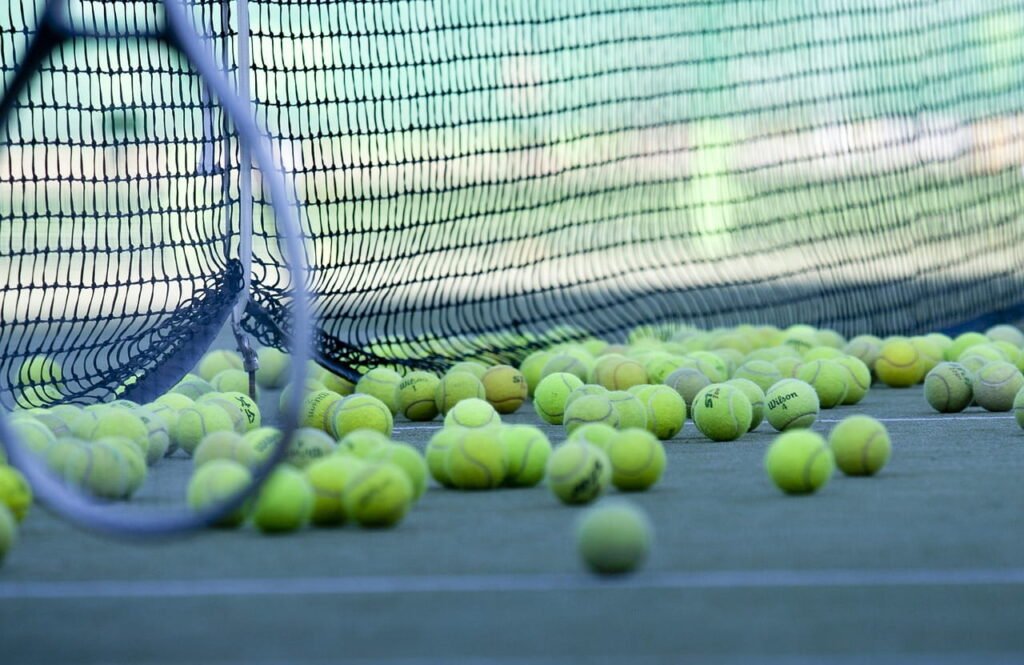The cost of restringing a tennis racket can vary depending on several factors, including the type of string you choose, the tennis shop or stringer you go to, and your location.
On average, you can expect to pay anywhere from $15 to $50 for a basic restringing job.
If you opt for higher-end strings or if you have specific requirements, the cost may be on the higher side.
It’s advisable to check with local tennis shops, sports stores, or racket stringing services in your area to get accurate pricing information.
Additionally, some places may offer discounts or package deals if you purchase both the string and the restringing service from them.
Keep in mind that prices may vary, so it’s a good idea to inquire with a few different places to find the best deal for your specific needs.
Different types of strings

There are various types of tennis strings, each with its own characteristics and benefits. The main types of tennis strings can be categorized based on the material they are made of:
Natural Gut:
- Made from cow intestine (usually sheep or cow).
- Known for its excellent playability, comfort, and feel.
- Provides good power and control.
- More expensive compared to synthetic strings.
- Vulnerable to moisture and tends to lose tension faster.
Synthetic Gut:
- Made from nylon or other synthetic materials.
- Offers a good balance of playability, durability, and cost.
- Suitable for players looking for an affordable and versatile string.
- Available in various thicknesses for different playing styles.
Multifilament:
- Composed of hundreds of microfibers bundled together.
- Mimics the feel of natural gut but with added durability.
- Offers good power, comfort, and playability.
- Generally more expensive than synthetic gut strings.
Polyester (Poly):
- Known for durability and control.
- Provides excellent spin potential.
- Tends to be stiffer, so it might not be as comfortable as other types.
- Popular among advanced players and those seeking more control.
Hybrid Strings:
- Combination of different types of strings in the mains and crosses.
- For example, a hybrid may consist of polyester mains and synthetic gut crosses.
- Offers a blend of characteristics from each type of string.
- Allows players to customize their string setup based on their preferences.
Kevlar:
- Known for extreme durability.
- Often used in hybrid setups due to its lack of elasticity.
- Can be harsh on the arm and not suitable for players with arm issues.
When choosing tennis strings, consider factors such as your playing style, level of play, budget, and any arm issues you may have.
Players often experiment with different string types and tensions to find the combination that suits their game best.
It’s also worth noting that the type of string and tension can significantly impact your racket’s performance, so it’s a good idea to consult with a knowledgeable stringer or tennis professional.



